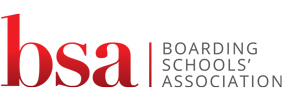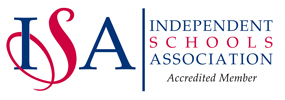Glossary
 We are very much aware that the world of education is full of jargon and acronyms. This can make it very difficult for ‘lay’ parents to find their way through the maze of bureaucracy that surrounds special educational needs. While we do our best to avoid jargon on our website it is not always possible, so we hope this glossary helps. If we have used a word, phrase or acronym somewhere that confuses you, please let us know if it needs adding to the glossary. If you strongly disagree with a definition, please let us know.
We are very much aware that the world of education is full of jargon and acronyms. This can make it very difficult for ‘lay’ parents to find their way through the maze of bureaucracy that surrounds special educational needs. While we do our best to avoid jargon on our website it is not always possible, so we hope this glossary helps. If we have used a word, phrase or acronym somewhere that confuses you, please let us know if it needs adding to the glossary. If you strongly disagree with a definition, please let us know.
ADHD: Attention Deficit Hyperactivity Disorder
CReSTeD: The Council for the Registration of Schools Teaching Dyslexic Children.
ELC: Entry Level Certificate, available in Maths and English for those not able to achieve a 'pass' at GCSE.
ESB: English Speaking Board.
Holistic: Relating to the whole person, so including mental, emotional, physical, social, spiritual and environmental aspects.
Phonemes: The individual sounds within a word.
Phonemic awareness: The ability to differentiate between individual sounds within a word,e.g. cat versus mat.
SENDCo: Special Educational Needs and Disability Co-ordinator. (As Frewen is a specialist school, all of our systems are set up around SEND, so we do not have a SENDCo)
SENDIST: Special Educational Needs and Disability Tribunal: the panel that rules on contested applications for LEA funding.
Sequencing: The ability to understand and carry out a sequence of instructions (do this, then do that).
Specialist Provision: The top category awarded by CReSTeD, for schools whose primary function is to teach dyslexics.
Specific Learning Difficulties: This term is used to indicate that the learning difficulties are not ‘general’, but are specific to certain skills, e.g. reading and writing (dyslexia); developmental co-ordination disorder (dyspraxia); and arithmetic (dyscalculia).
SpLD: See Specific Learning Difficulties
Synthetic Phonics: A method of teaching reading which first teaches the letter sounds and then builds the sounds together to achieve pronunciation of complete words.
THRASS: 'Teaching Handrwriting Reading and Spelling Skills', a scheme for teaching literacy skills.








